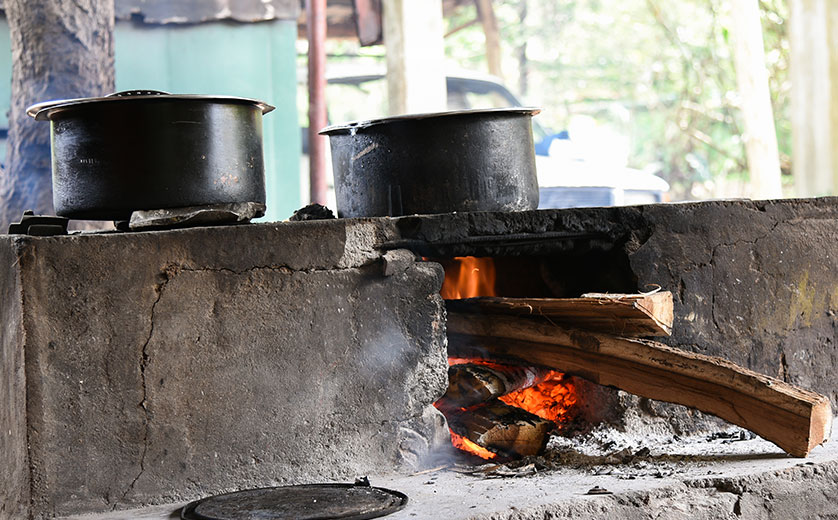A new pilot study by the Brown School at Washington University in St. Louis will investigate ways to reduce air pollution caused by cooking fuel in rural India.
“Household air pollution presents one of the most pressing public health issues currently facing society,” said Peter Hovmand, professor of practice and the study’s leader. About 3 billion people around the world rely on the combustion of solid fuel, like wood, for their main cooking and energy, and women and children are disproportionately affected.
Simply giving household cookstoves that burn only clean fuel, such as liquefied petroleum gas, has proven ineffective and even counterproductive in some areas. Researchers think a “real options” approach will more effectively increase the use of clean fuels by providing policymakers and other decision makers flexibility to deal with uncertain and fluctuating conditions affecting households.
To test that theory, researchers will conduct group model building exercises in India to uncover cultural and other responses to using clean cookstoves, and then use computer modeling to develop real-option strategies to implement large-scale use of clean-fuels.
Research partners are Boston College and the Foundation for Ecological Security in India. The study is being funded by the Clean Cooking Implementation Science Network at the National Institutes of Health Fogarty International Center.
